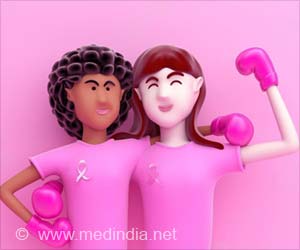Mice express social interest by sniffing one another, and those without the gene display only half as much such behavior. The imaging showed that several brain regions of the genetically altered mice were connected differently compared to normal mice, and more specifically, that the parts of the brain that typically work together to produce social behavior are more poorly connected.
Once the altered mice were injected with oxytocin, those differences normalized.
“The injection robustly activated many brain regions of the modified mice and essentially normalized the brain connectivity differences we previously found,” said Katrina Choe, an assistant professor in the Department of Psychology, Neuroscience & Behaviour who led the research.
“We were interested in which brain regions are wired differently in these mice,” said Choe. “We wanted to connect these findings to social deficits in these mice, by testing if oxytocin in fact normalizes these patterns to increase their social behavior.”
Researchers also discovered oxytocin could play an important role within the nucleus accumbens, a brain region associated with processing social reward.
“Our results serve as additional evidence implicating the brain oxytocin system into social behavior differences arising from ASD-risk gene mutations such as CNTNAP2. Additionally, our novel strategy of combining two brain-mapping methods allowed us to comprehensively identify the brain regions and circuits that could be involved in this process. This information can be useful for further exploration of oxytocin as a potential treatment target for ASD,” she said.
The results of the study appear in the journal Neuron.
The work was performed at UCLA when Choe was a postdoctoral fellow in the laboratory of Daniel Geschwind, who co-led the study. This study was then continued at McMaster.
Other researchers from UCLA, University of Cambridge, University of Heidelberg, and University of the Basque Country in Spain also contributed to this research, with financial support from the National Institutes of Health, Simons Foundation Autism Research Initiative, and Canadian Institutes of Health Research.
Choe says the next part of the research will look at whether similar abnormal brain patterns exist in mice which are missing other autism-related genes and whether oxytocin has similar effects.
Source: Newswise



